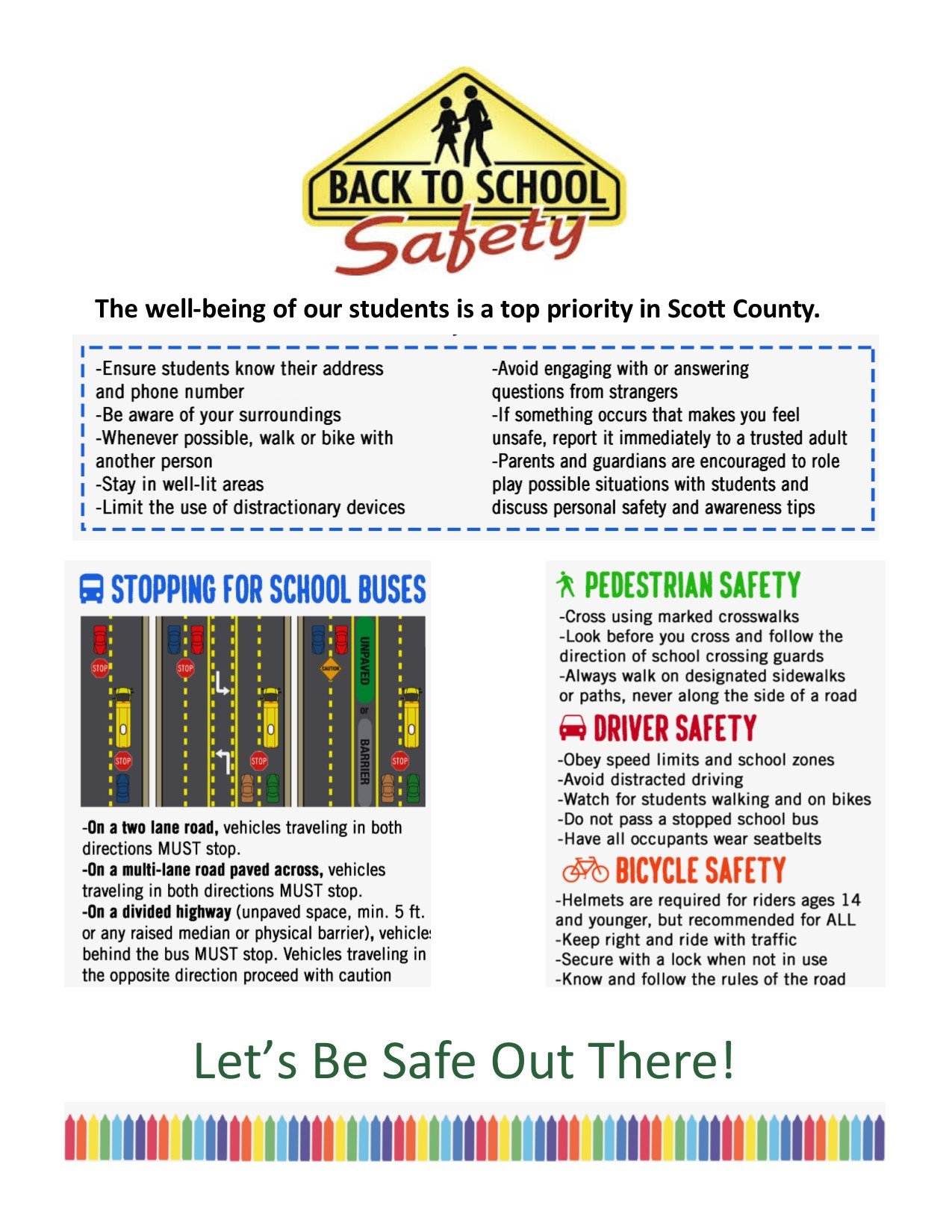
Health Tips From Our Team
We want to reach as many people as possible to enlighten them on certain dangers and how to recognize them


Heart Attack Awareness
Heart attack awareness is an essential aspect of ensuring the well-being and longevity of individuals in our community. Recognizing the signs and symptoms of a heart attack can help save lives and prevent further complications. As a leading provider of emergency medical services, Liberty EMS Service, LLC is committed to raising awareness about heart attacks and equipping the public with the knowledge to take prompt action.
Understanding Heart Attacks:
A heart attack, also known as myocardial infarction, occurs when the blood flow to the heart is obstructed, usually due to a blockage in the coronary arteries. The lack of blood flow deprives the heart muscle of oxygen and nutrients, leading to its damage or even death if not treated promptly.
Recognizing the Signs and Symptoms:
Being able to identify the signs and symptoms of a heart attack is crucial for early intervention. Some common symptoms include:
1. Chest discomfort: Most heart attacks involve discomfort in the center of the chest that lasts for more than a few minutes or comes and goes. It can feel like pressure, squeezing, fullness, or pain.
2. Upper body discomfort: Pain or discomfort may extend beyond the chest to the arms (usually the left arm), back, neck, jaw, or stomach.
3. Shortness of breath: Breathing difficulty, often accompanied by chest discomfort, can occur before or during a heart attack.
4. Cold sweat, lightheadedness, or nausea: Feelings of extreme fatigue, cold sweat, dizziness, or nausea might precede or accompany a heart attack.
5. Other symptoms: Some people experience atypical symptoms such as indigestion, heartburn, or unexplained fatigue.
Taking Action:
If you suspect that you or someone else may be having a heart attack, it is crucial to take immediate action. Every minute counts in saving a life. Here's what you should do:
1. Call 911: Dial emergency services immediately to seek professional help. Do not hesitate or try to self-diagnose the situation.
2. Chew aspirin: If you are not allergic to aspirin, chew a regular, uncoated aspirin (325 mg) while waiting for emergency personnel to arrive. Aspirin can help reduce blood clot formation.
3. Stay calm and rest: While waiting for help, it's important to rest and avoid unnecessary physical exertion.
Preventing Heart Attacks:
Prevention is always better than cure. Incorporating healthy habits into your lifestyle can greatly reduce the risk of a heart attack:
1. Maintain a healthy diet: Consume a balanced diet rich in fruits, vegetables, whole grains, and lean proteins. Limit the intake of unhealthy fats, sodium, and sugary foods.
2. Exercise regularly: Engage in moderate-intensity exercise for at least 150 minutes per week. It can be as simple as brisk walking, swimming, or cycling.
3. Manage stress: Find healthy ways to cope with stress, such as relaxation techniques, hobbies, or talking to a trusted friend or professional.
4. Quit smoking and limit alcohol: Smoking damages blood vessels and increases the risk of heart disease. Excessive alcohol consumption can also contribute to heart problems.
5. Regular check-ups: Schedule regular check-ups with your primary care physician to monitor your blood pressure, cholesterol levels, and overall cardiovascular health.
At Liberty EMS Service, LLC, we believe that raising heart attack awareness is pivotal for a healthier and safer community. By educating ourselves and others about the signs, symptoms, and preventive measures, we can make a significant difference in saving lives and promoting heart health. Remember, timely action is key in the face of a suspected heart attack.

